14 GPTs for Digestive Health Powered by AI for Free of 2025
AI GPTs for Digestive Health are advanced computational tools that utilize Generative Pre-trained Transformers to offer tailored solutions for the digestive health sector. These tools are designed to analyze, predict, and provide insights on various digestive health issues, leveraging large data sets and machine learning to deliver precise, personalized advice and information. Their relevance lies in their ability to handle a wide range of tasks, from diagnosing digestive disorders to suggesting dietary recommendations, thus playing a crucial role in enhancing patient care and research in gastroenterology.
Top 10 GPTs for Digestive Health are: Ayurveda Insights,🟢 IBS Therapy 🟢 Eating Therapist (non-med),FODMAPPY,Health Buddy,Gut Health Guide,Kefir,Greenie,Herbal Healing,Acupuncture and moxibustion of Chinese medicine,Vagus Healer
Ayurveda Insights
AI-powered Ayurvedic product finder

🟢 IBS Therapy 🟢 Eating Therapist (non-med)
AI-powered guidance for eating and digestive health.

FODMAPPY
AI-powered FODMAP Analyzer for Digestive Health
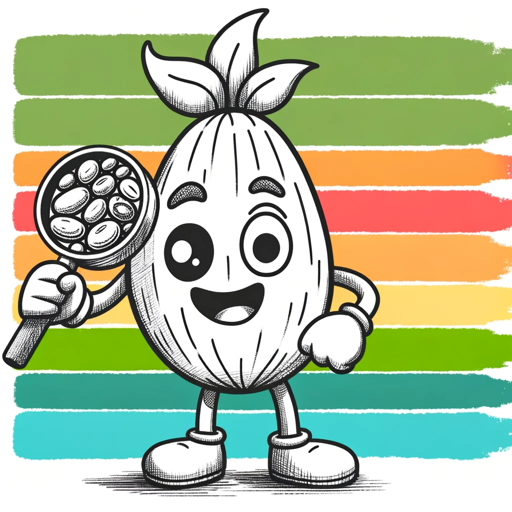
Health Buddy
AI-powered personalized health guidance.

Gut Health Guide
Empowering gut health with AI
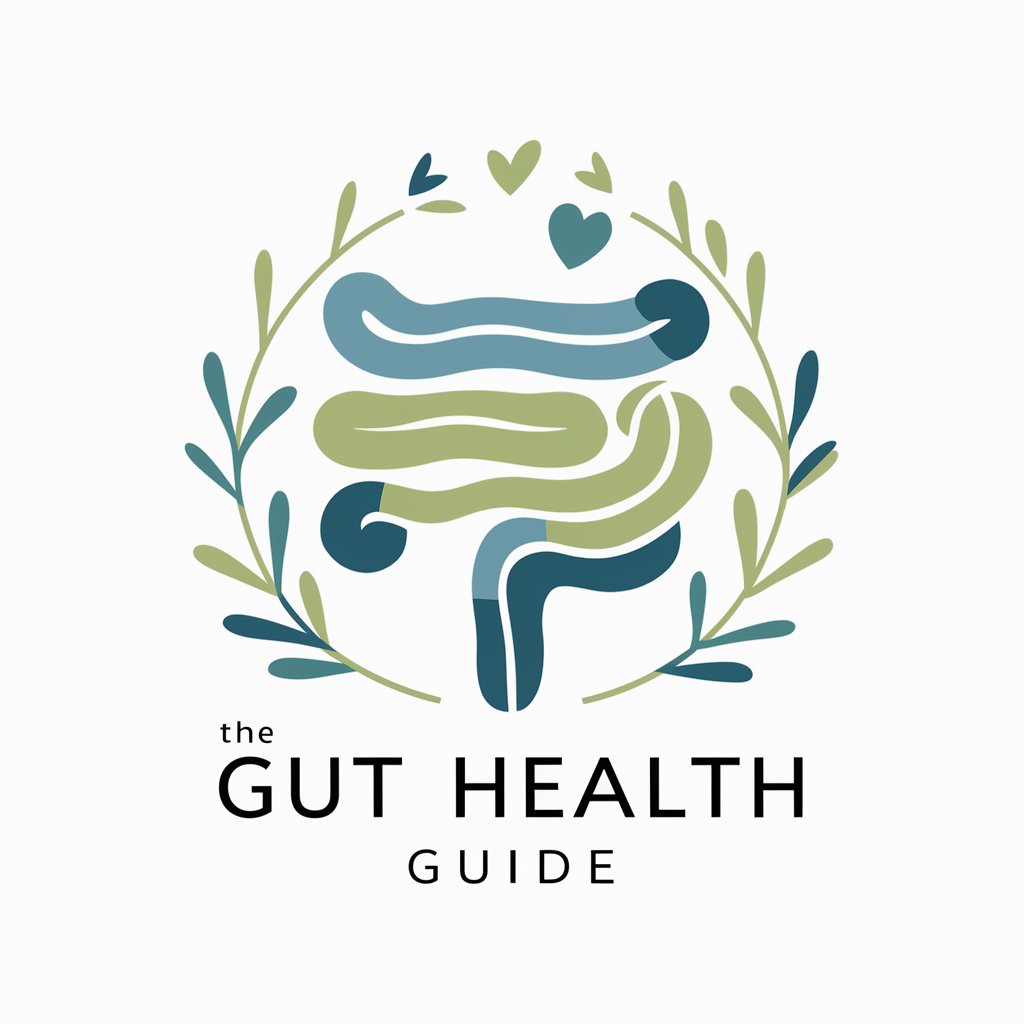
Kefir
Ferment with Ease, Enjoy the Breeze

Greenie
Empower your wellness journey with AI
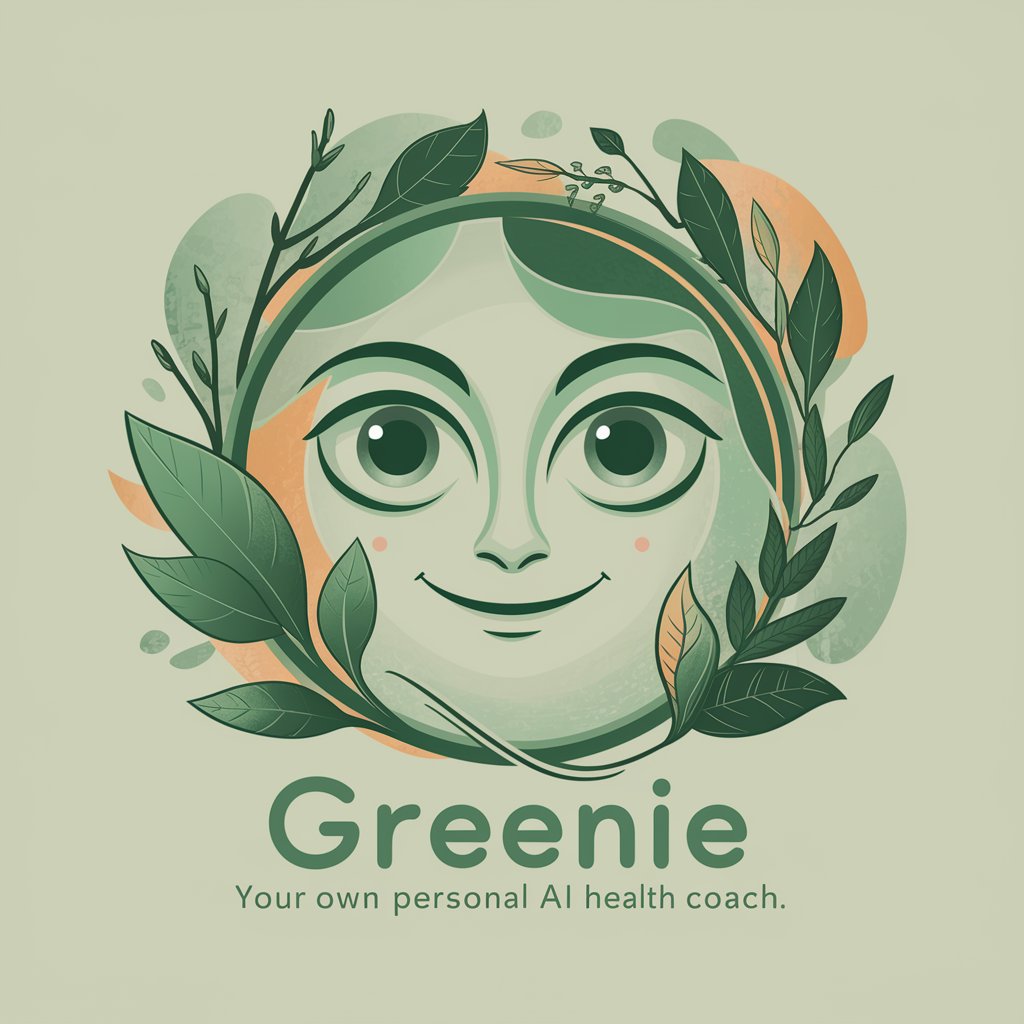
Herbal Healing
Empowering wellness with AI-driven herbal insights
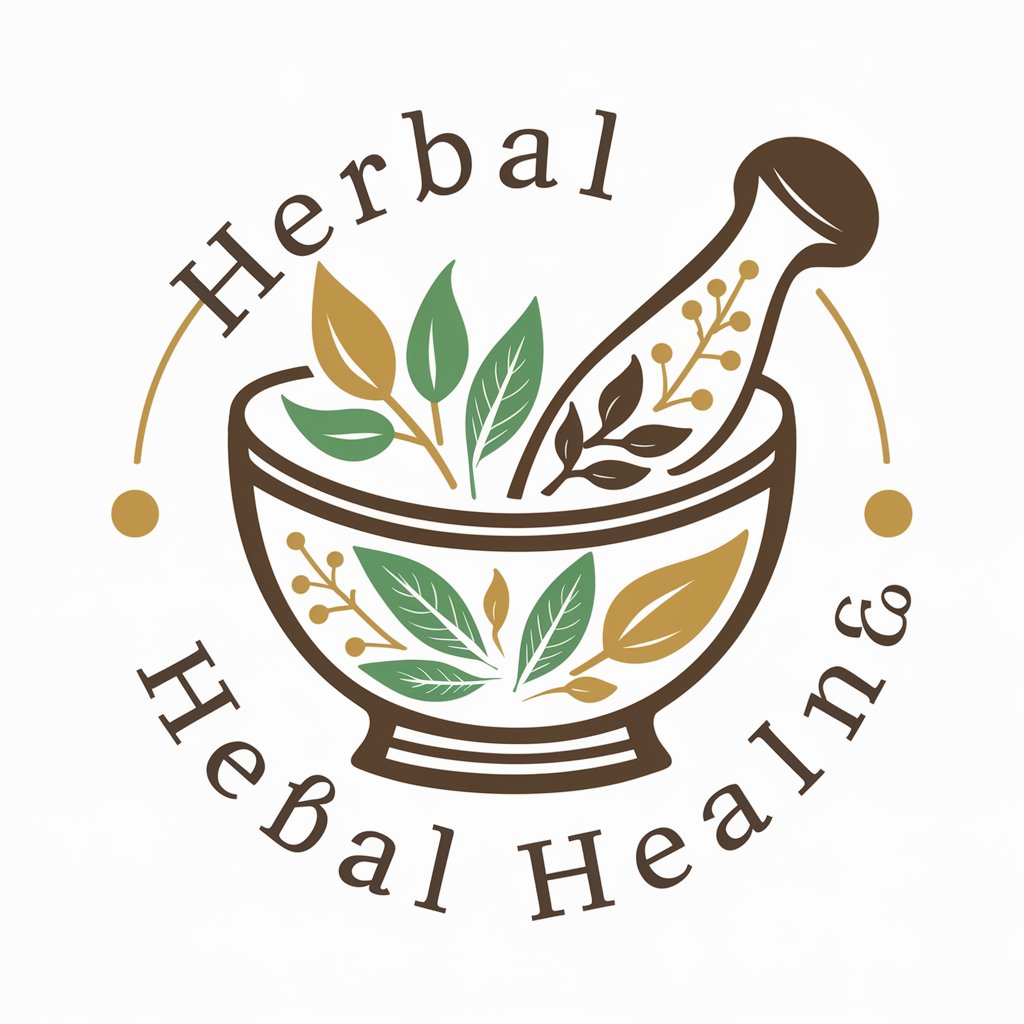
Acupuncture and moxibustion of Chinese medicine
Harnessing ancient wisdom for modern wellness

Vagus Healer
Empower your well-being with AI

Stomachspec
Empowering Your Digestive Health
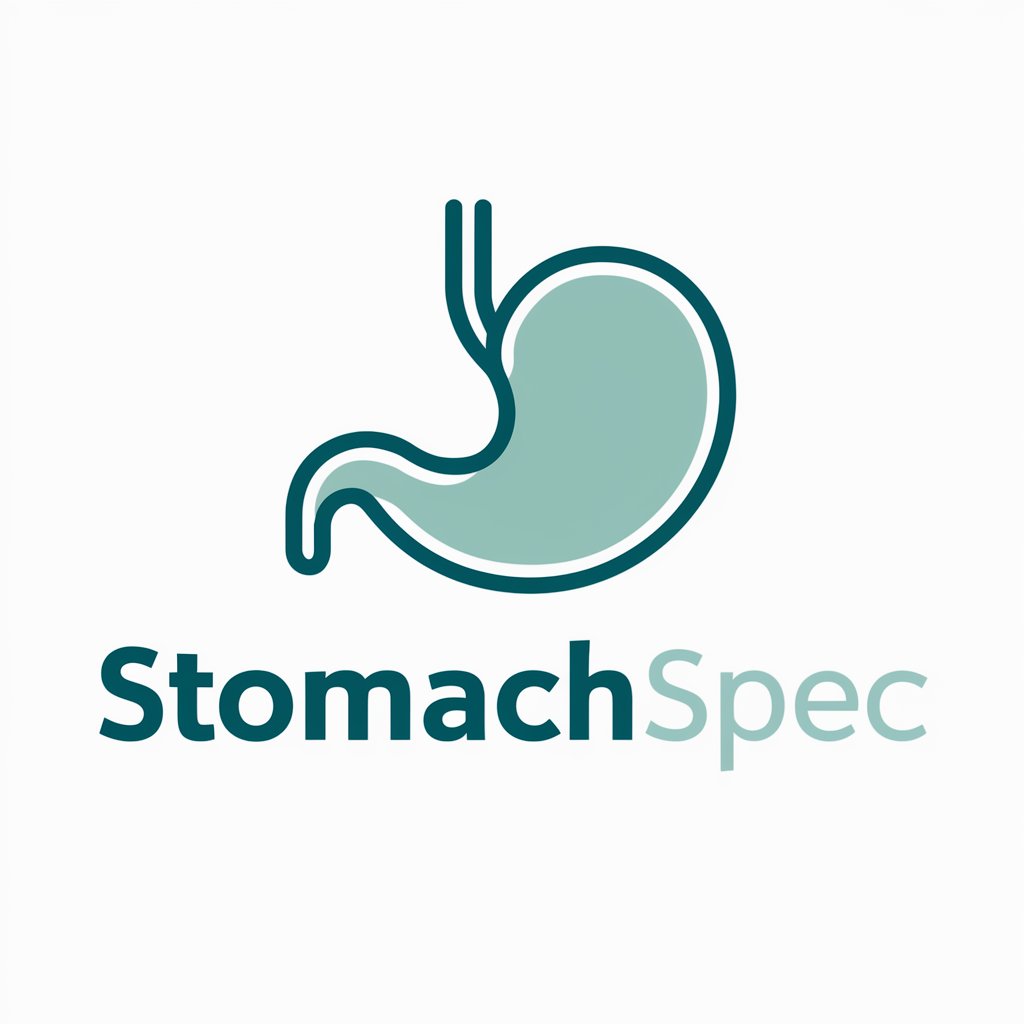
Stomach
Empowering Digestive Wellness with AI
Bloating
AI-powered bloating relief at your fingertips
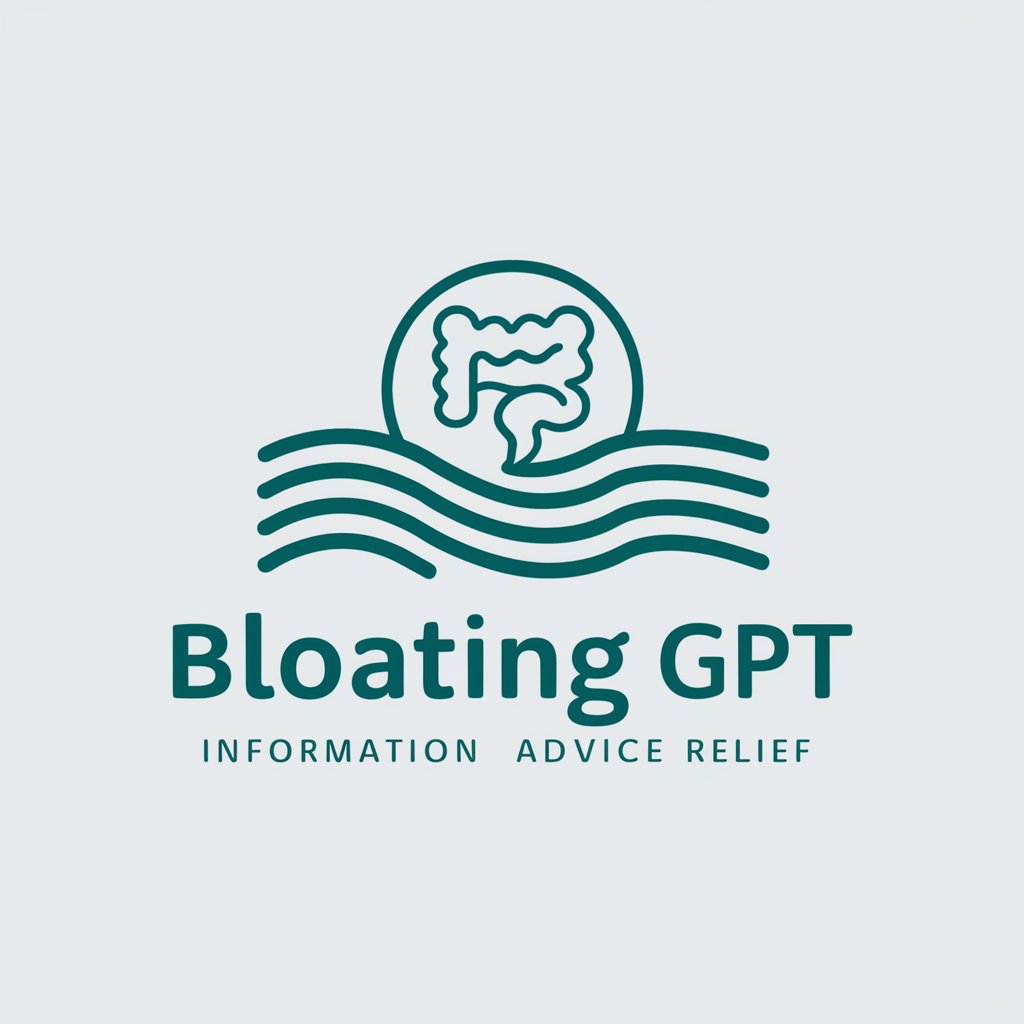
Gut Guru
Empowering Digestive Health with AI

Key Capabilities of Digestive Health AI Tools
AI GPTs for Digestive Health come equipped with several unique features, including natural language processing for understanding and generating human-like responses, data analysis for interpreting complex medical data, and image recognition capabilities for analyzing diagnostic images. These tools are adaptable to various levels of complexity, from simple Q&A formats to complex diagnostic predictions, and can be customized for specific digestive health applications. Special features also include integration with medical databases for up-to-date information and learning algorithms that improve over time with more data.
Who Benefits from Digestive Health AI
The primary users of AI GPTs for Digestive Health include healthcare professionals, medical researchers, and patients seeking information on digestive health. These tools are designed to be accessible to novices without coding skills, providing straightforward interfaces for everyday use. At the same time, developers and tech-savvy individuals in the medical field can leverage these tools' advanced features and customization options for more specialized applications, making them versatile assets in both clinical and research settings.
Try Our other AI GPTs tools for Free
Food Sensitivity
Discover how AI GPTs for Food Sensitivity can transform your approach to managing diet and health with tailored, data-driven insights.
Botany Research
Explore the forefront of botanical science with AI GPTs for Botany Research, your gateway to advanced plant study, data analysis, and innovative research tools.
Horticulture Consultation
Unlock the full potential of your garden with AI-powered Horticulture Consultation. Get personalized advice on plant care, pest control, and crop management with the latest in AI technology.
Collaborative Creation
Discover how AI GPTs for Collaborative Creation are revolutionizing teamwork and creativity with adaptable, user-friendly solutions designed for a wide range of collaborative needs.
Craftsmanship Critique
Discover how AI GPTs for Craftsmanship Critique can transform your craft with personalized feedback, trend insights, and innovative suggestions. Perfect for artisans of all levels.
Project Improvement
Discover how AI GPTs can revolutionize project management, offering automation, insights, and enhanced efficiency for projects of all types. Ideal for professionals seeking innovative solutions.
Expanding the Capabilities of GPTs in Digestive Health
AI GPTs for Digestive Health represent a significant advancement in personalized healthcare, offering scalable solutions that can integrate seamlessly into existing clinical workflows. Their user-friendly interfaces facilitate wider adoption among non-technical users, while their customization options allow for specialized applications. As these tools continue to evolve, their potential to transform digestive health care and research becomes increasingly apparent.
Frequently Asked Questions
What exactly are AI GPTs for Digestive Health?
AI GPTs for Digestive Health are specialized versions of generative pre-trained transformers tailored to address various aspects of digestive health, from diagnostics to patient education.
How do these AI tools adapt to different complexity levels?
They can scale from basic informational queries to advanced analyses of medical data, adjusting their responses based on the task's complexity and the user's needs.
Can non-technical people use these AI tools effectively?
Yes, these tools are designed with user-friendly interfaces that require no coding knowledge, making them accessible to a broad audience, including patients and healthcare providers.
What makes these AI tools unique for Digestive Health?
Their ability to process and analyze specific digestive health data, integrate with medical databases, and provide tailored advice makes them uniquely beneficial in this field.
How do these tools stay updated with the latest medical research?
They are often connected to medical databases and use continuous learning algorithms to update their knowledge base with the latest research and clinical guidelines.
Can these AI tools diagnose digestive diseases?
While they can provide preliminary assessments based on symptoms and available data, definitive diagnoses should always be confirmed by a healthcare professional.
Are there customization options for developers?
Yes, developers can access APIs and programming interfaces to customize the tools for specific research projects or clinical needs.
What are the potential applications of these tools in clinical practice?
They can be used for patient education, symptom assessment, dietary advice, and supporting clinicians in diagnosing and managing digestive health issues.